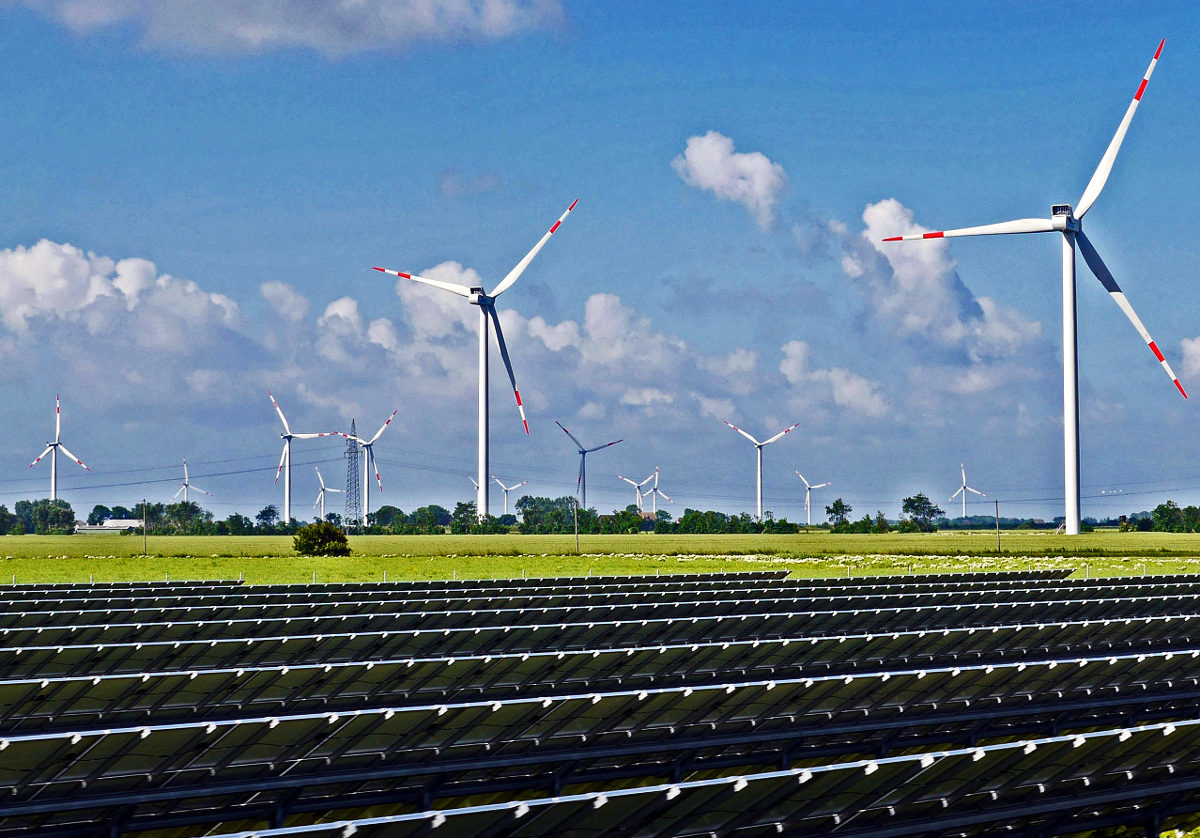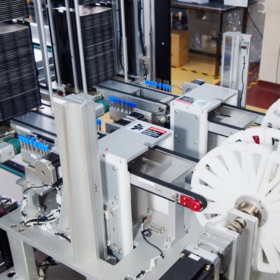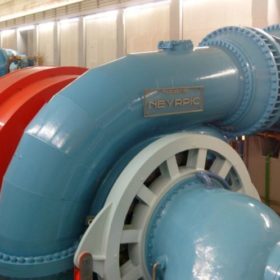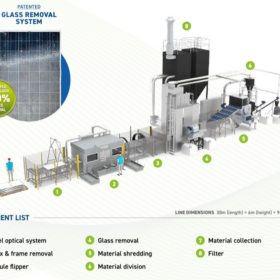Policy Continuity
For the energy transition, policy continuity is a welcome step. Government schemes announced during the interim budget on PM Surya Ghar Muft Bijli Yojana and Pumped storage are at the centre. Further, the government will come out with a policy document on appropriate energy transition pathways that balances the imperatives of employment, growth and environmental sustainability.
Tax Rationalisation
Recognising the importance of the value chain to boost domestic manufacturing, the government has reduced custom duties on solar panels and cells, but, on the other hand, increased it for solar glass and tinned copper interconnect. How this will impact the overall price needs to be seen. Further, the government has announced the setting up of a critical mineral mission for domestic production, recycling and overseas acquisition. The custom duties have also been exempted for the same, thereby resolving an important part of the puzzle as India will take time to explore and mine some of these minerals which are essential for energy transition.
The industry was expecting a GST cut on wind, battery storage, EVs and charging stations, which has not been factored now, but there will be a meeting in the next few weeks to discuss tax rationalisation on certain components. Industry is hopeful that their demand will be taken care of by the GST council.
Supporting MSMEs
An important piece of the energy transition puzzle is the MSME sector. The budget emphasised the transition of these industries and also other large corporates from the current ‘Perform, Achieve and Trade’ mode to ‘Indian Carbon Market’. For MSMEs in particular, energy audits will be provided and financial support for deploying clean energy and energy efficiency measures.
Access to finance is a big bottleneck, and to address this gap, a credit guarantee scheme will be introduced. To avoid MSMEs getting into the NPA stage, credit availability will be provided, which will be supported through a guarantee from a government-promoted fund. Also, the credit assessment will not be done in a traditional way, but the banks and financial institutions will need to to develop a new credit assessment model, based on the scoring of digital footprints of MSMEs in the economy.
R&D spending
India has been a late adopter of technology, and the minuscule budget being spent both by public and private enterprises is responsible for industry lagging in technology innovation. This year’s research budget has focussed on the development of small nuclear reactors. While India needs to diversify its energy sources, the viability of such projects is still questionable. India needs to increase its R&D spending across the value chain from renewable energy deployment to mining and extracting of minerals to a circular economy.
The government has introduced the Anusandhan National Research Fund for basic research and prototype development, with a financing pool of Rs 1 lakh crore. This can provide the initial impetus, but the private sector also needs to play a big role.
Skill Development
Employment creation and skill development have been at the core of this budget. While there is a lot of emphasis on skill development, there needs to be an emphasis on how money is allocated for skilling and reselling of people for the clean energy sector.
Clean Energy Finance
Enhancing the availability of capital through the development of a Taxonomy for climate mitigation and adaptation is a welcome move. While many countries have established a taxonomy that helps in greenwashing and identification of activities that can be classified as green, India, by developing a taxonomy, will help developers to attract ESG financing. The government is also simplifying foreign direct and overseas investment and promoting opportunities for using the Indian Rupee as a currency for overseas investments.
The views and opinions expressed in this article are the author’s own, and do not necessarily reflect those held by pv magazine.
This content is protected by copyright and may not be reused. If you want to cooperate with us and would like to reuse some of our content, please contact: editors@pv-magazine.com.








By submitting this form you agree to pv magazine using your data for the purposes of publishing your comment.
Your personal data will only be disclosed or otherwise transmitted to third parties for the purposes of spam filtering or if this is necessary for technical maintenance of the website. Any other transfer to third parties will not take place unless this is justified on the basis of applicable data protection regulations or if pv magazine is legally obliged to do so.
You may revoke this consent at any time with effect for the future, in which case your personal data will be deleted immediately. Otherwise, your data will be deleted if pv magazine has processed your request or the purpose of data storage is fulfilled.
Further information on data privacy can be found in our Data Protection Policy.